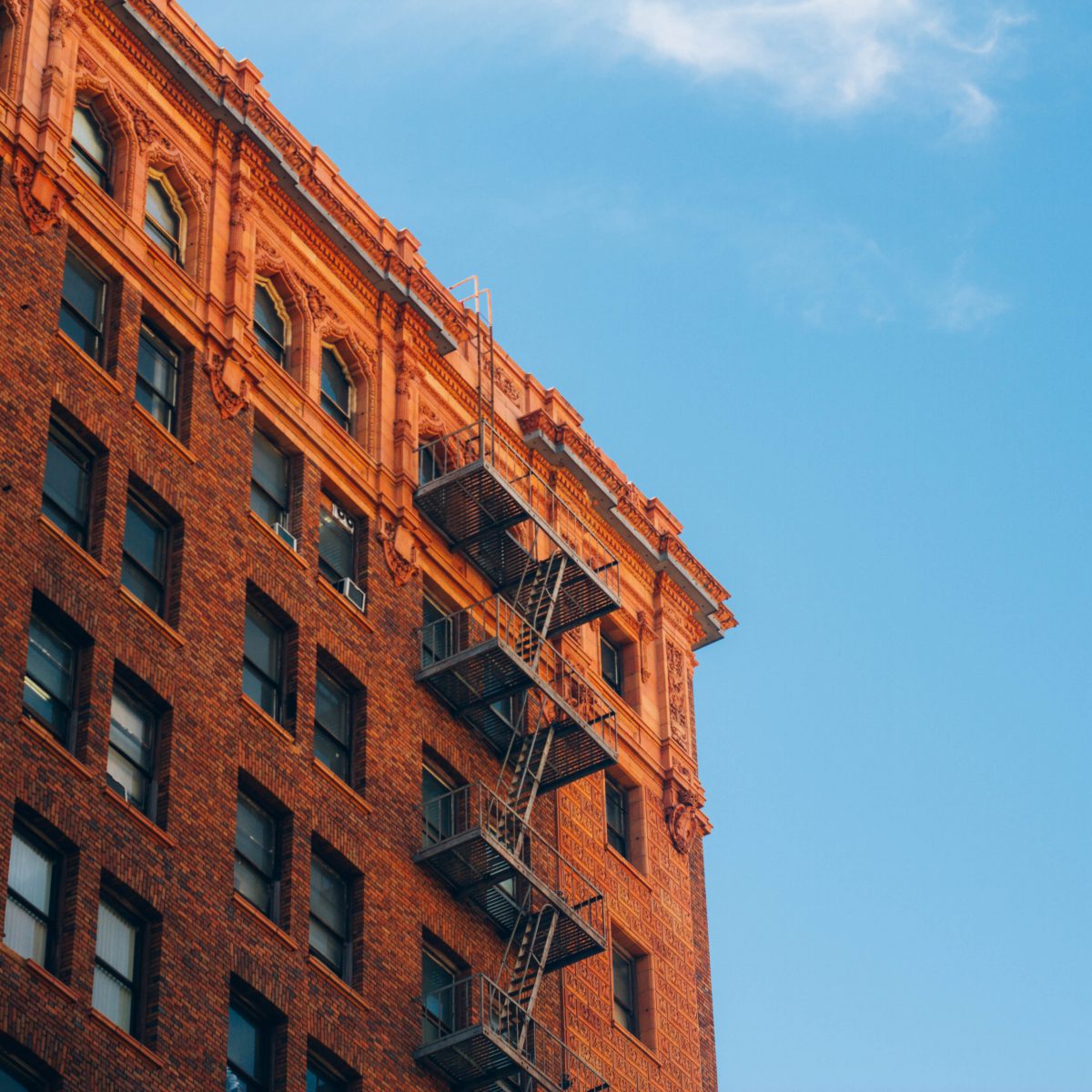
An apartment is a great option if you want a low maintenance lifestyle, improved security or want to be able to afford to live in an area that would otherwise be out of your budget. Look for:
A great location
Choose an apartment in a suburb where they’re a major part of an area’s housing stock. Alternatively buy where apartments in the area feature something unique like water views, close proximity to the station or other amenities. Apartments that are close to the inner city, transport, and facilities like hospitals, shopping and schools will be easier to rent if you’re looking at it as an investment.
Outside space
Whether it’s a balcony or a terrace, an outside space is a huge plus in an apartment. Even if it’s only big enough for two chairs and a table, it can make a huge difference to the amenity.
Natural light
Units that run front through to the back of a block or are on a corner are always more highly sought after to central ones with only one aspect because they will invariably have better natural light.
Orientation
Which way does your apartment face and what kind of light will it receive? Units on the dark, southern side can feel gloomy all year round, while units that face the west can receive blazing afternoon summer sun which can be an issue in summer if there’s no air conditioning.
How high should you go?
Many people feel uncomfortable living above the sixth floor but higher floors usually offer the best views and an escape from traffic and noise on the ground. Be aware that going higher can make balconies feel windswept and it can start to take a long time to get down to the ground in the lifts.
Understand the strata or body corporate fees
All apartments come with body corporate or strata fees. These cover the cost of building repairs and maintenance, including insurance and all external maintenance. These are easy to budget for compared to other forms of property ownership but make sure there is a suitable sinking fund to cover future issues. The more amenities your apartment block has, the higher the costs are likely to be.
Who else is in the building?
Is the apartment block owned by owner-occupiers, or what proportion of the building is rented? If you’re looking to rent the property out, this is probably not such a big deal, but if you want to live in it, it can be helpful to understand what proportion of the population is likely to be regularly coming and going and what the community is going to be like.
